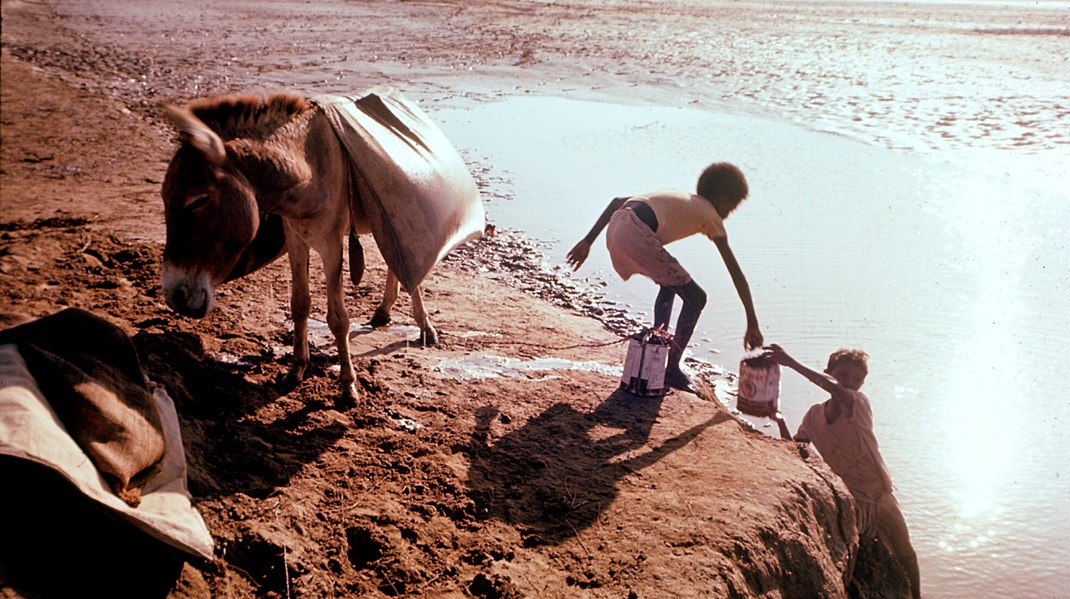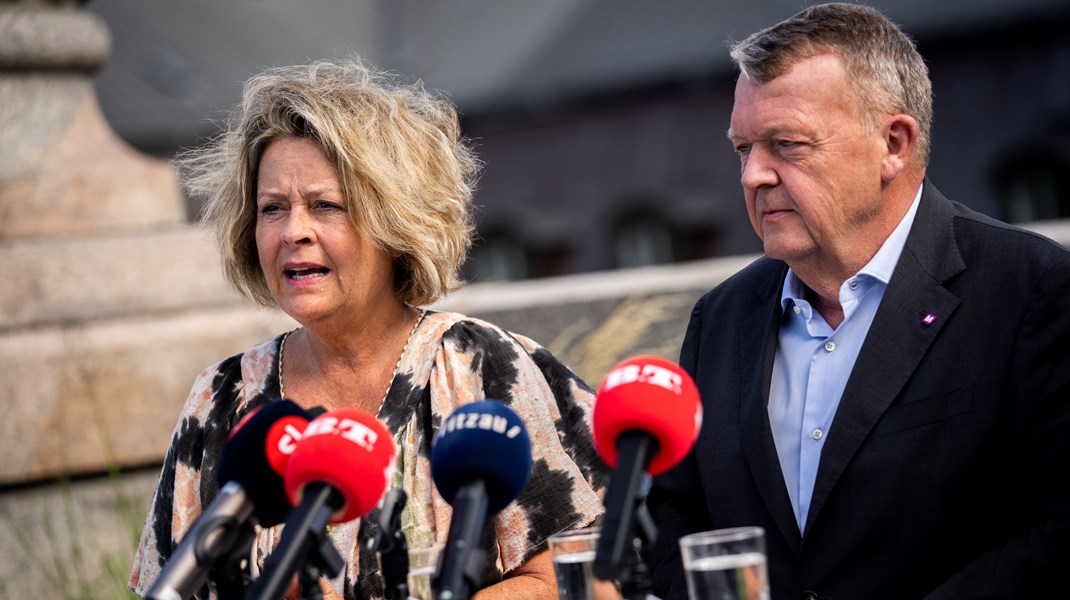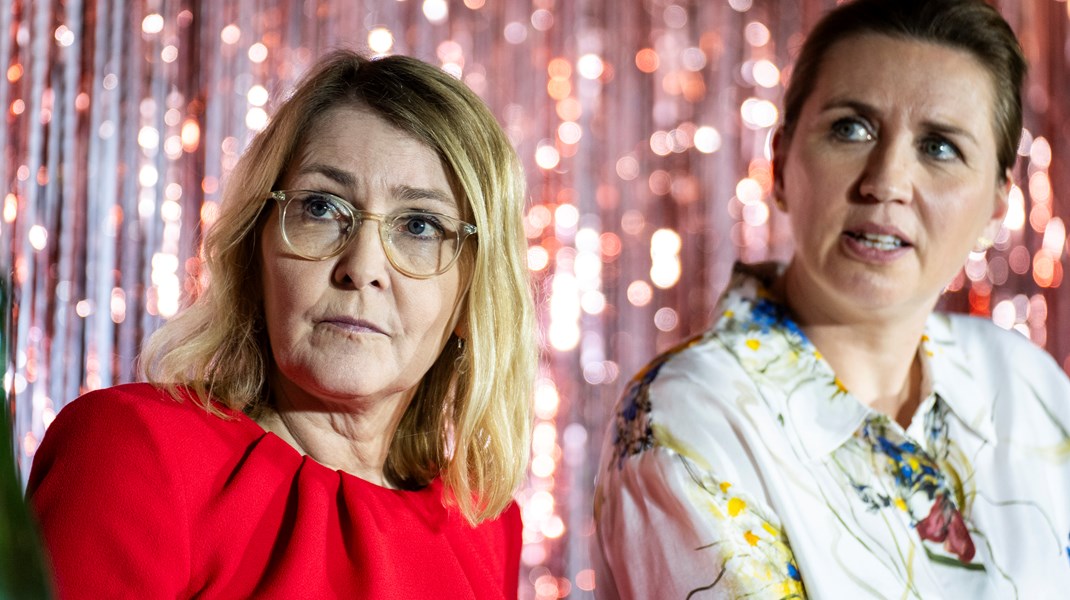WHO supports Nigeria to respond to new cholera outbreak in Borno State
Maiduguri, Nigeria, 13 March 2018—The World Health Organization (WHO) and partners are supporting health authorities to respond to a new cholera outbreak in Borno State. Borno State Ministry of Health has detected more than 500 suspected cases, 23 of which are confirmed by laboratory culture testing including 3 deaths. Authorities declared the outbreak on 8 March.
The outbreak is concentrated in Kukawa Local Government Area (LGA), a major commercial hub with a population of 150,000 situated near Lake Chad and near borders with Chad and Cameroon. Kukawa LGA is nearly 200 kilometres away from Maiduguri, Borno state capital where a five-month outbreak cholera was contained in late 2017. At a press briefing in Maiduguri, Commissioner for Health Dr. Haruna Mshelia said the Borno state government and partners are working to quickly contain the outbreak, noting that fifty percent of reported cases are among children under five years of age.
“The State government, in collaboration with WHO and other partners on the ground, is working jointly to control and contain the outbreak by reinforcing early detection of suspected cases, improving water, sanitation and hygiene facilities, and providing oral rehydration therapy for the affected people and cholera prevention messages for the general public,” said Dr. Mshelia.
More than half of Borno’s health facilities have been either totally or partially destroyed by an ongoing armed conflict, increasing the challenges for an effective response. WHO is coordinating the health sector response and has deployed mobile health teams to Kukawa, Doro and Baga wards. The teams are actively searching for cases, collecting and testing samples, informing communities about cholera and treating patients with oral rehydration. Other partners and NGOs including the Alliance for International Medical Action (ALIMA) have set up cholera treatment units in Baga and Kukawa for case management. These are parts of a larger control effort which include hygiene promotion and the provision of clean water.
“Early detection and rapid response to a reported cholera outbreak is vital to controlling it, especially in areas where access to safe water is limited and hygiene conditions are inadequate. This is why WHO deployed its teams early to detect, investigate and properly assess cases to guide rapid response appropriately,” said WHO Nigeria Representative, Dr. Wondimagegnehu Alemu.
An estimated 7.7 million people are in need of humanitarian assistance in north-eastern Nigeria, with the most acute humanitarian needs concentrated in Borno State. The health sector is seeking US$109.6 million to respond to the health needs of 5.1 million vulnerable people in north-east Nigeria in 2018.


